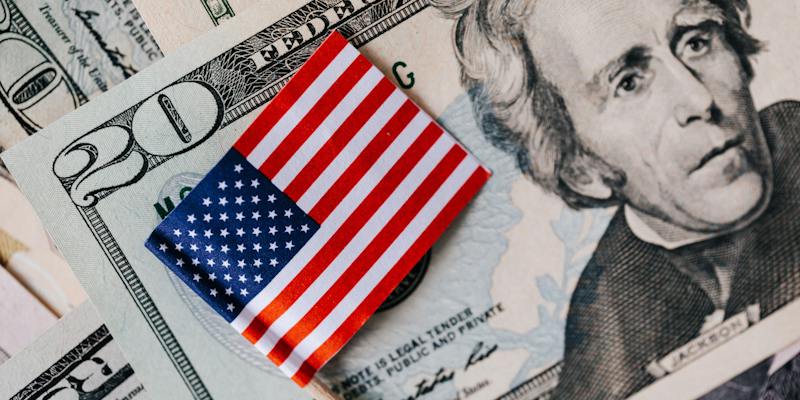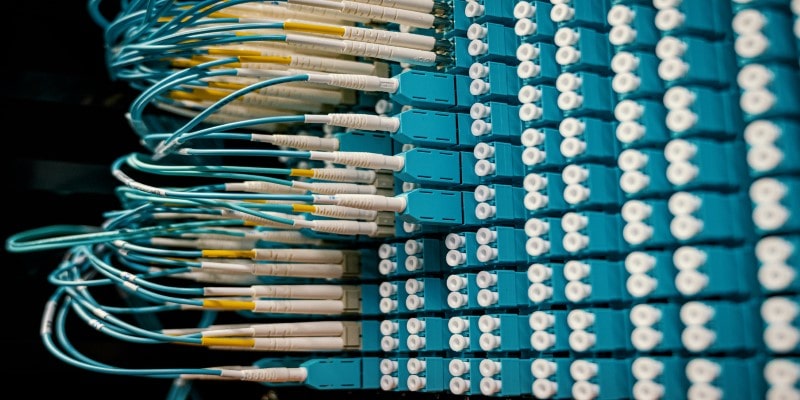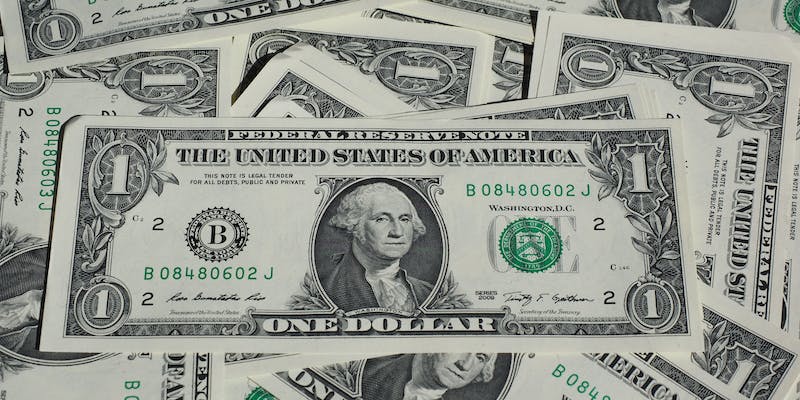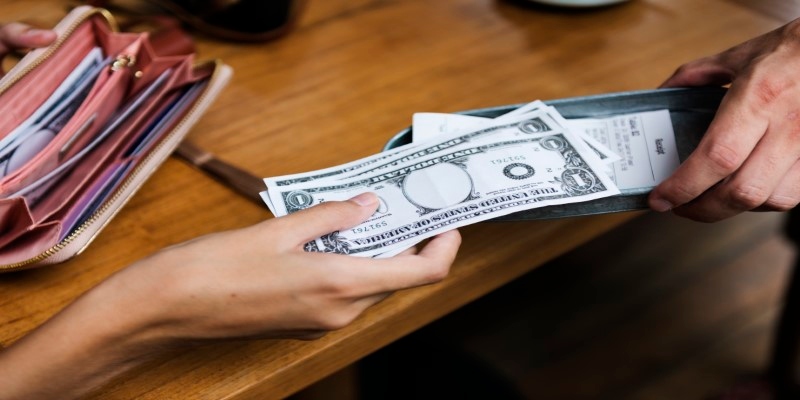Are you concerned about the safety of your valuables? It's natural to want to protect your most valuable possessions, such as jewelry, important documents, or family heirlooms. One option to consider is storing them in a safe box deposit. Safe box deposits are secure and private and can give you peace of mind knowing that your valuables are safe from theft, fire, or other disasters.
However, before you go ahead and store your items in a safe box deposit, it's essential to know the dos and don'ts. There are certain items that are not allowed to be stored in a safe box deposit and others that may require additional insurance coverage.
In this article, we will be discussing the dos and don'ts of storing your valuables in a safe box deposit. So, let's dive in and learn about the best practices for storing your valuables in a safe box deposit.
Why Do You Need a Safe Box Deposit?
If you have valuables or important documents that you want to keep safe and secure, a safe box deposit is an excellent option. Safe box deposits are typically offered by banks and other financial institutions, and they provide a secure and private place to store items that are valuable or irreplaceable.
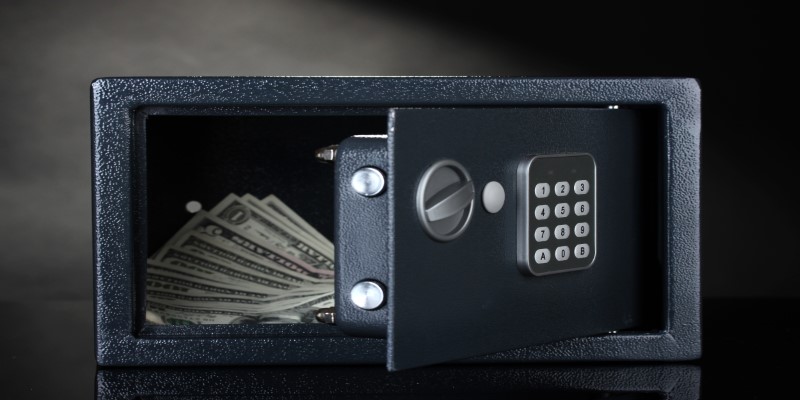
There are many reasons why you might want to consider getting a safe box deposit. For example, if you have important documents such as birth certificates, passports, wills, or property deeds, keeping them in a safe box deposit ensures that they are protected from damage, loss, or theft.
Similarly, you may have valuable items such as jewelry, collectibles, or other sentimental items that you want to keep safe and secure. Here’s why it is crucial to get a safe box deposit:
Security
One of the main benefits of a safe box deposit is the level of security it provides. Safe box deposites are typically stored in a secure vault or other highly secure area, which is protected by high-tech security measures such as reinforced walls, security cameras, and strict access controls. This means that your valuables are protected not only from theft but also from natural disasters such as fires, floods, or earthquakes.
Privacy
Another benefit of a safe box deposit is the privacy it provides. Unlike other storage options, such as home safes or storage units, safe box deposits are completely private and confidential. Only you, or anyone you authorize, has access to the contents of your box. This ensures that your valuables and documents remain secure and confidential and are not at risk of being stolen or misused.
Convenience
When choosing a safe box deposit, it's important to consider the size and location of the box. Safe box deposits come in a variety of sizes, so you can pick and choose one that best fits your needs. It's also important to choose a location that is convenient for you to access and that has convenient hours of operation.
Affordability
In addition to the security and privacy benefits, safe box deposits are also relatively affordable. Most banks and financial institutions offer safe box deposits for a reasonable monthly fee, which makes them accessible to a wide range of people. The cost of a safe box deposit is a small price to pay for the peace of mind that comes with knowing your valuables and important documents are safe and secure.
A safe box deposit is an excellent option for anyone who wants to keep their valuables and important documents safe and secure. So, if you have important documents or valuable items that you want to keep safe, a safe box deposit is a smart investment that will pay dividends in the long run.
The Dos Storing in a safe box deposit
When it comes to storing your valuable belongings and important documents, it is crucial to take the necessary measures to ensure their safety and protection. One of the best ways to do this is by using a safe box deposit. Here are seven dos to keep in mind when storing your items in a safe box deposit or what should you store in a safe box deposit:
- DO choose a safe box deposit that is fire-resistant and waterproof to provide maximum protection for your belongings.
- DO keep an inventory of all the items you store in your safe box deposit. This will help you keep track of what you have and ensure that you don't forget anything.
- DO choose a safe box deposit that is the right size for your needs. You don't want to pay for more space than you need, but you also don't want to choose a box that is too small to store all of your items.
- DO store important documents, such as birth certificates, passports, and wills, in your safe box deposit. These items are extremely difficult to replace and should be kept in a secure location.
- DO store valuable items, such as jewelry and rare coins, in your safe box deposit. These items are often targets for theft and should be kept in a secure location.
- DO periodically check the condition of your safe box deposit. Make sure the lock is functioning properly and that there are no signs of damage or tampering.
- DO keep your safe box deposit location and access information confidential. Only share this information with trusted individuals who need to know.
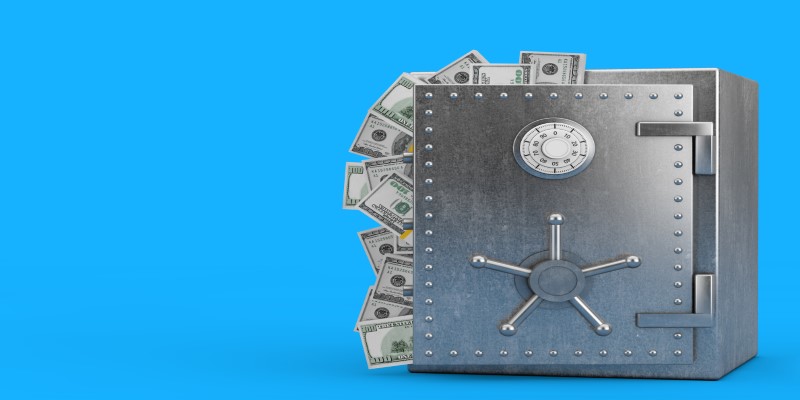
Don’ts of Storing in a safe box deposit
Here are some don’ts of storing in a safe box deposit that you should know:
1. Don’t store cash. It is not recommended to store cash in a safe box deposit as it is not insured by the (FDIC)s or any other financial institution.
2. Don’t store illegal items. It is unlawful to store any item that is prohibited by law in a safe box deposit. This includes drugs, firearms, and stolen items, among others.
3. Don’t store perishable items. Please refrain from easily spoiling or decaying items, such as food, plants, and other organic materials, which should not be stored in a safe box deposit.
The Bottom Line!
There you have it! As we have discussed, storing your valuables in a safe box deposit is a great way to keep them safe and secure. However, it's essential to follow the dos and don'ts to ensure that your items are protected and easily accessible when you need them.

